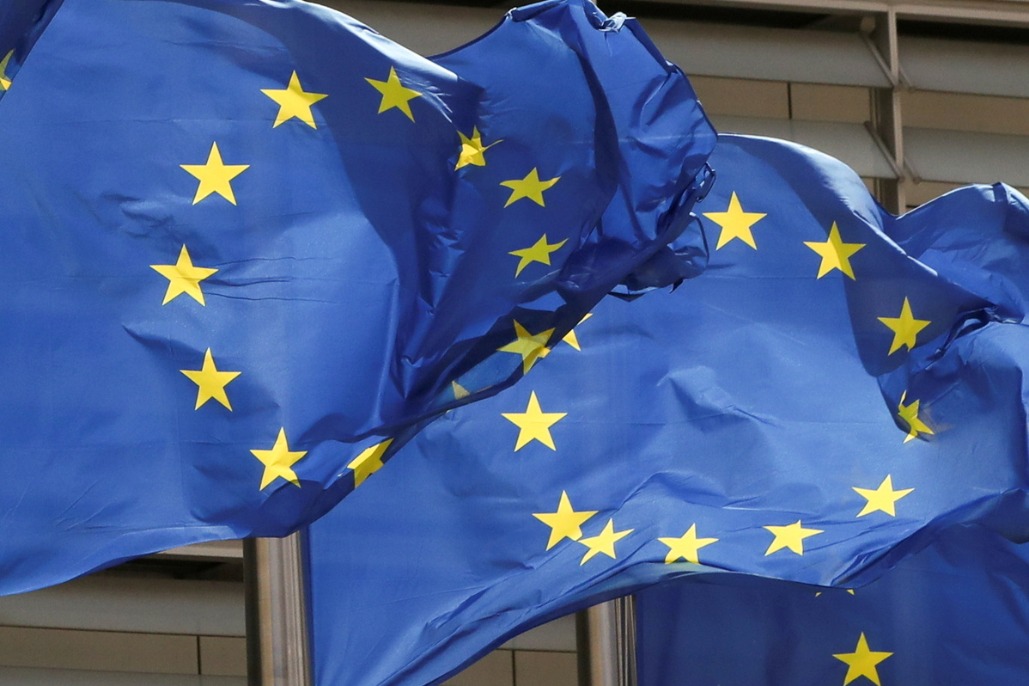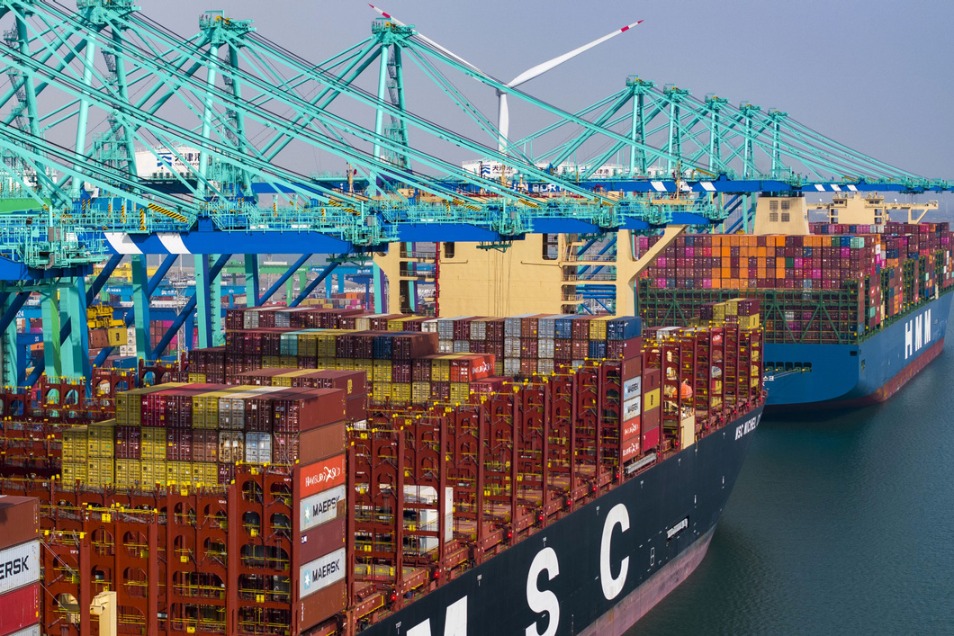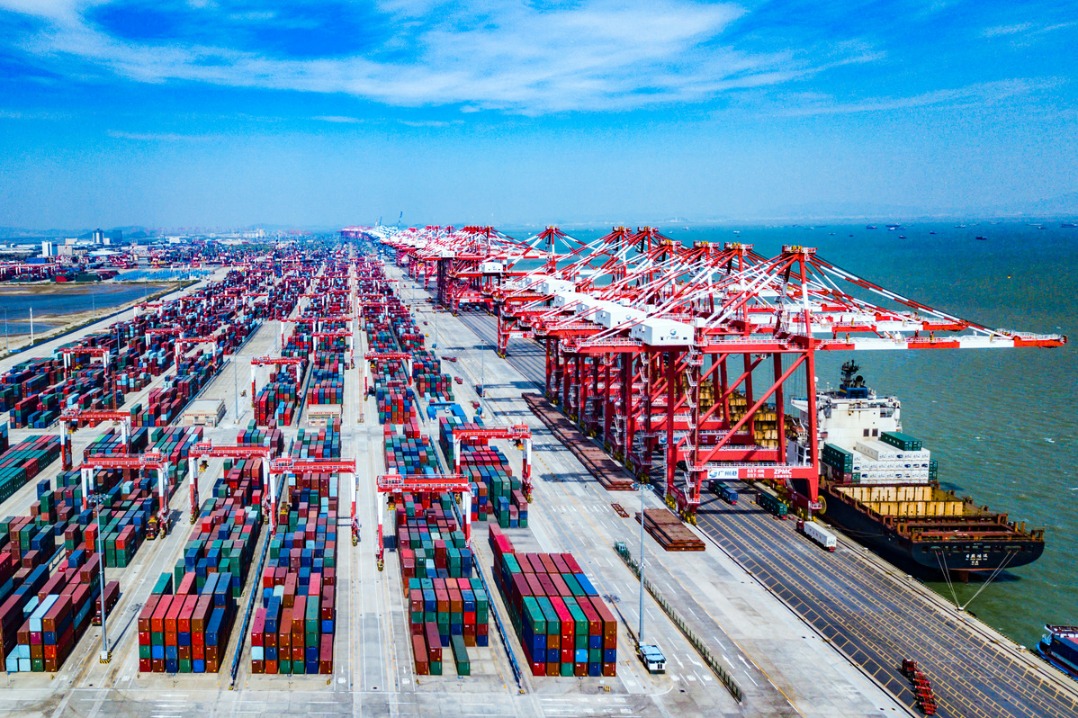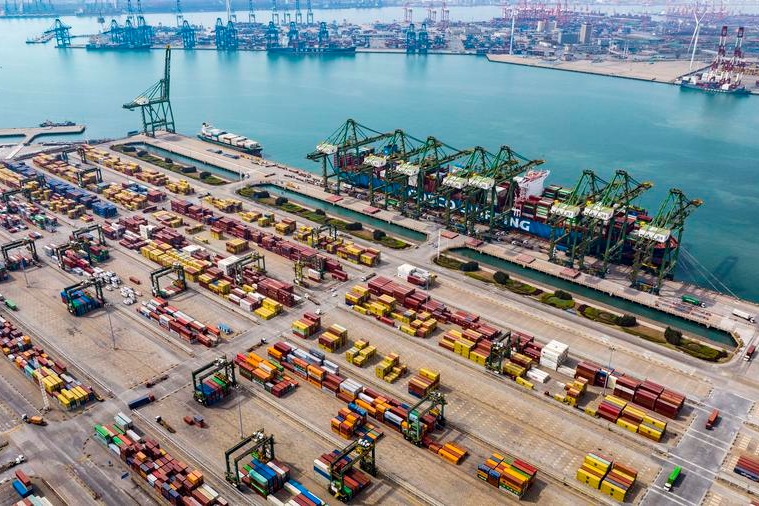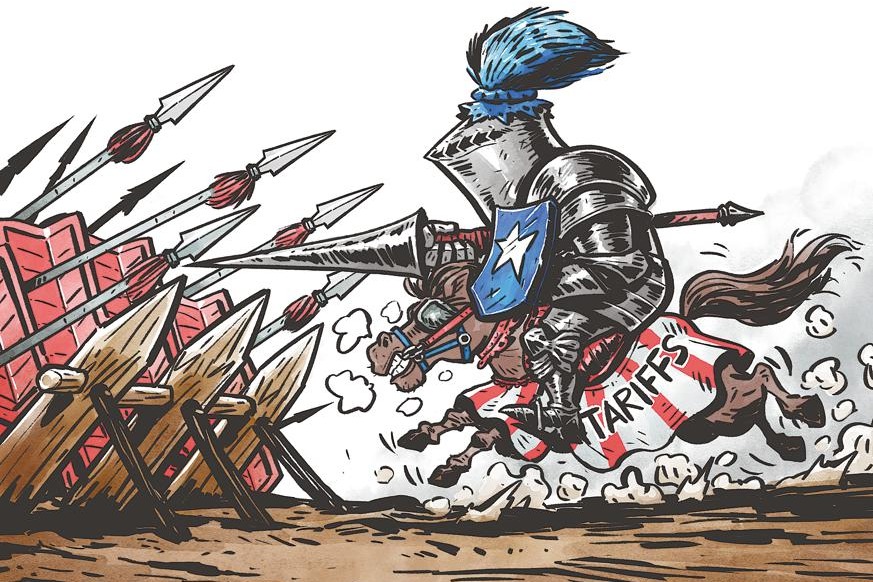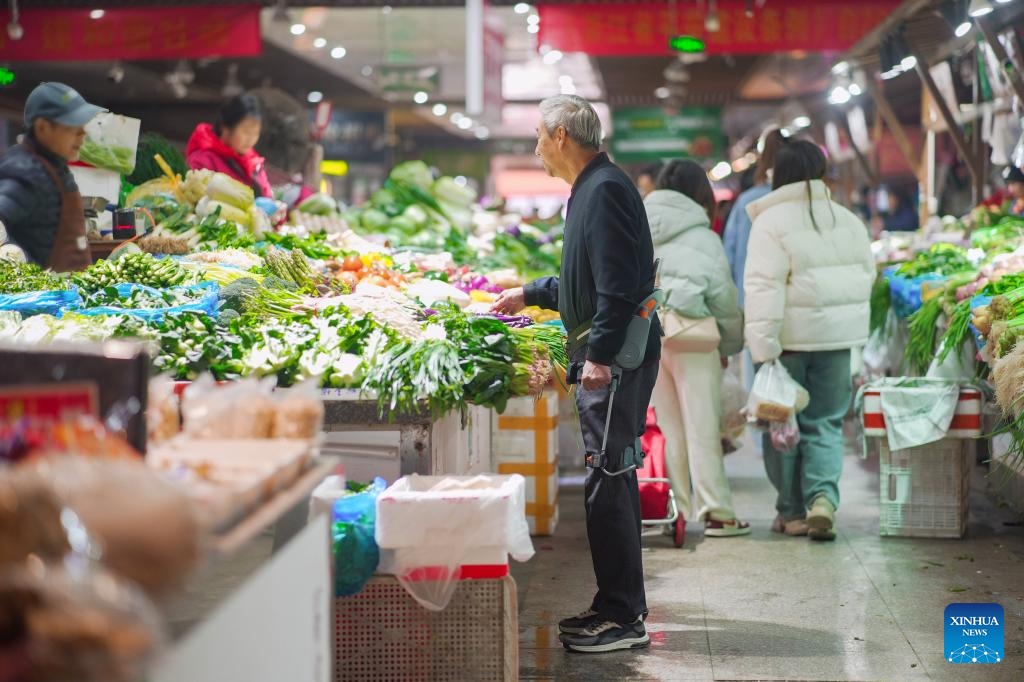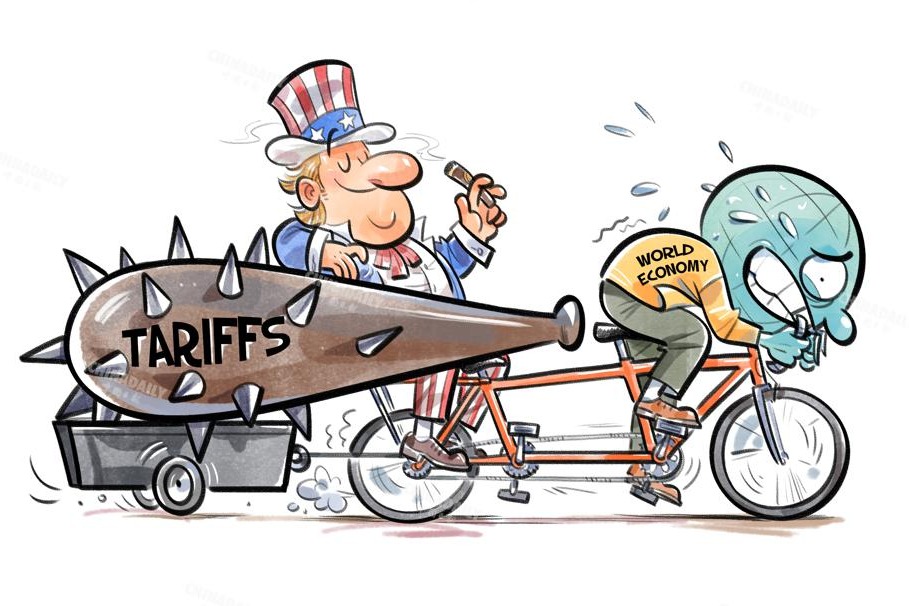Results of Iowa Democratic caucuses delayed due to 'quality checks'
Xinhua | Updated: 2020-02-04 13:00

DES MOINES, the United States - Results of Democratic caucuses in Iowa were delayed due to "quality checks," Iowa Democratic Party Communications Director Mandy McClure said on Monday night.
"We have experienced a delay in the results due to quality checks," McClure said in a statement. "What we know right now is that around 25 percent of precincts have reported, and early data indicates turnout is on pace for 2016."
McClure also noted that the IDP, for the first time, is reporting out three data sets: first preferences, final preferences, and "State Delegate Equivalents (SDEs)."
The SDEs will be used to determine how the state's national delegates are awarded to candidates.
Iowa, a state in the Midwestern United States, is holding Democratic and Republican caucuses Monday night, kicking off the 2020 US presidential primary.
The caucuses began at 7 pm Central Time on Monday (GMT 0100 on Tuesday), bringing tens of thousands of Iowa's registered voters to churches, public libraries, and school gyms for discussions of their presidential preferences.

Sitting President Donald Trump won the Republican caucuses, in which participants cast a vote to indicate their support, in a largely symbolic vote as he was facing no significant challenge.
"Big WIN for us in Iowa tonight. Thank you!" Trump tweeted.
The Democratic caucuses, however, require party members to show up to their precinct and physically move into designated parts of a room to express their preference for a certain candidate, a more complicated process that would certainly take more time.
This year, the Iowa Democratic Party will release three numbers: first preferences, final preferences, and "State Delegate Equivalents (SDEs).
The SDEs will be used to determine how the state's national delegates are awarded to candidates.
A crowded field of Democrats are vying for Iowa's 41 pledged delegates to the party's national convention on July 13-16 in Milwaukee, Wisconsin, a gathering for the party's delegates to choose their presidential nominee.
Though delegates of Iowa account for only 2 percent of the 1,991 national delegates a candidate needs to win the Democratic nomination, a strong performance in the state could inject strong momentum into his or her campaign.
"It's a game of expectations," veteran US pollster John Zogby told a recent briefing in Washington D.C. "That's where we pollsters and the pundits enter into the picture," Zogby said.
Currently, there are 11 Democrats and three Republicans, including Trump, seeking the presidential nomination of their own parties, while 17 Democrats and one Republican have dropped out of the race in this election cycle.

According to the latest RealClearPolitics national Democratic primary polling average, former US Vice President Joe Biden is leading with 27.0 percent, followed by Senators Bernie Sanders and Elizabeth Warren, with 23.7 percent and 15.0 percent, respectively.
Other Democratic hopefuls, including Indiana's former South Bend Mayor Pete Buttigieg, Senator Amy Klobuchar, and Andrew Yang, also deserve attention.
Kyle Schultz, from Chicago, Illinois, who's in Des Moines, Iowa to observe the Democratic caucuses, told Xinhua that though the Illinois primary is still weeks away he's trying to figure whom he wants to vote for by seeing the candidates firsthand.
Schultz also said he's not concerned about the differences between moderates and progressives but will be concerned if the Democratic Party "doesn't work together."





